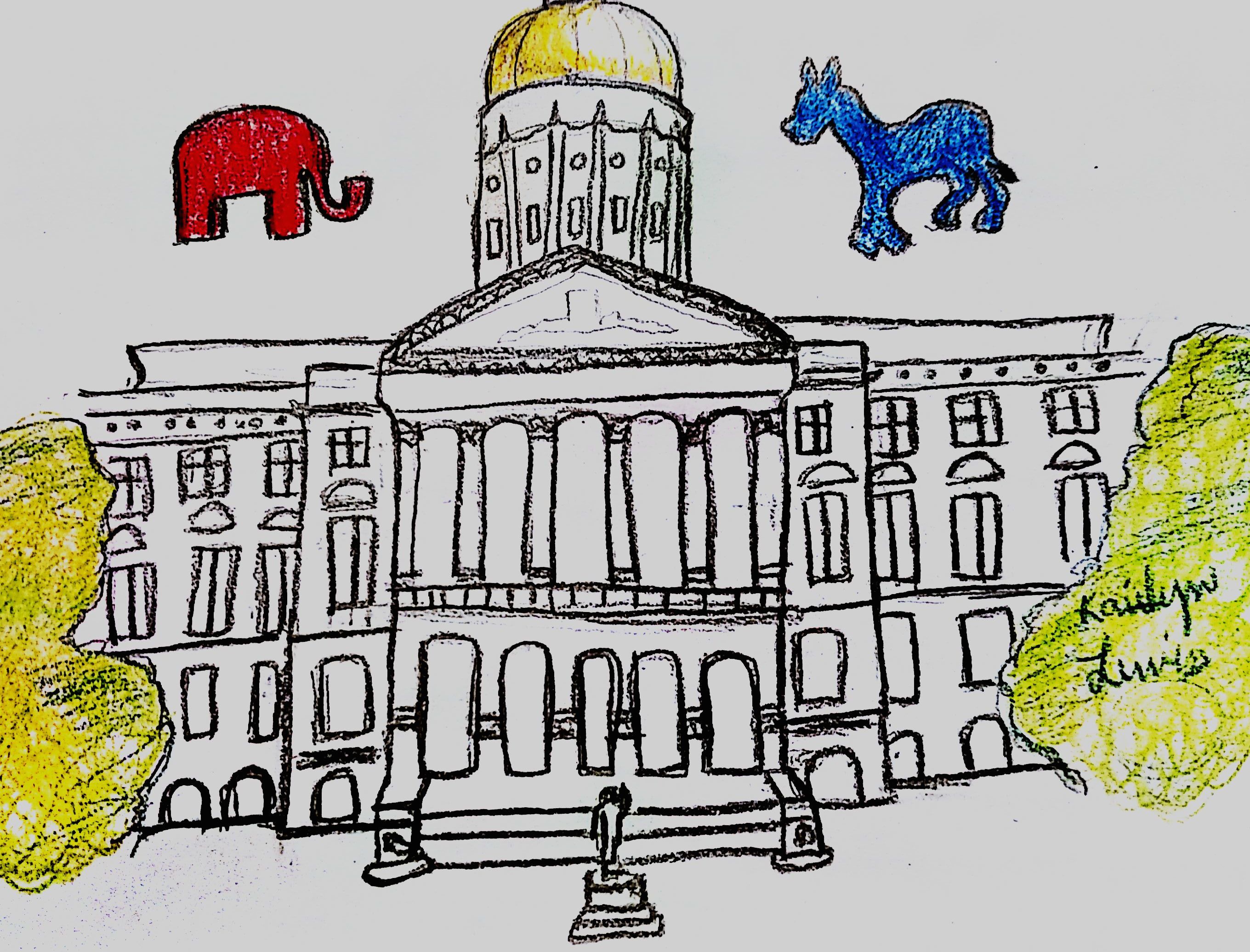One of the most highly discussed issues concerning college students right now is the increase in student subsidized loan rates. As of July 1, 2013, any new Stafford loan accepted by a student has an interest rate of 6.8 percent. Before July, rates were fixed at 3.4 percent. Rates have essentially doubled overnight, and students who depend on loans to pay for college will be paying more in the long run for highly sought after college degrees. According to the White House website, 262,000 students in Georgia alone have taken advantage of student loans to help pay for college. Even if you are not a borrower, the increase in rates will directly affect you and your future.
Students should not be as upset with rate increases as they should be with the impact student loans have on the economy and on the value of college degrees.
Let us be honest, the rise in loan rates will likely not stop students from continuing to borrow or from continuing to enroll at universities. Financially conscious students will find other means of financial aid such as scholarships or part- time jobs to supplement their tuition. The majority of other students will absorb the rate increase begrudgingly, possibly mutter remarks under their breath and continue to borrow without a second thought as to the possible consequences of student debt. Why? Because many students like former Cole’s College MBA graduate Megan Lemke believe, “until there is a post-secondary education system that makes more sense and caters to the demands in the current workplace, an undergraduate degree will continue to be a necessity for even the most mediocre of students.” Simply put, today’s college degree is the equivalent of a high school diploma thirty years ago; so, if students want any chance at succeeding in today’s fragile economy, they will do what it takes and jump through whatever hoops they need to in order to get that piece of paper.
Unfortunately, the consequences of such determination can include irresponsible decisions. According to a study conducted by the Federal Reserve Bank of New York, in November of 2012 “outstanding student loan debt [was] at $956 billion” nationwide. Nearing $1 trillion, the U.S. student debt is about one-sixteenth of the entire national debt, which affects everyone. Not only does the outrageous amount of debt weigh down and burden our economy, it is a gross realization that most college students are biting off more than they can chew when it comes to furthering their education.
Accrued college debt is a dilemma that is exponentially growing due to increasing enrollment and tuition hikes. The rise in interest rates will only add to the dilemma. In a study conducted by Donghoon Lee entitled “Household Debt and Credit: Student Debt,” the U.S. has seen a “70 percent increase in the number of borrowers” accepting student loans between the years of 2004 and 2012. Increasing numbers of borrowers result in more and more students leaving college burdened by larger amounts of debt than previous college alumni. Furthermore, an increase of borrowers means more students are able to afford college, who otherwise would not be able to. When more people have degrees, the more competitive the job market becomes and the more devalued a degree becomes as well. With the good comes the bad.
To be fair, students have been fortunate to have had the low 3.4 percent interest rates for the past five years. Rates were cut from 6.8 percent in 2008 due to the financial crisis. Now that the economy is getting stronger and rates are going up in every financial sector, it was only a matter of time before student loan rates went back to their initial percentage.
College is a long-term investment, and students should realize that an investment such as college may or may not be worth it. Though student loans may increase a student’s access to college and possibly a future career, it does not promise either nor does it prevent borrowers from potential financial woes. Each student borrower must holistically examine his or her own financial status and determine whether or not the consequences of student debt are worth the commitment.
For determined students who do take advantage of student loans, college students should be somewhat humbled by the opportunity to finance his or her education in the first place because Stafford loans are based on financial need and not credit worthiness.
Mark Leszczynski, Senior English Major.



There has to be something done about student loans. Honestly, I do not think that America needs one more state proclaiming itself a bankrupt. But with the economy they have now, it is more luckily unavoidable for the rest of small states. I am really happy that I live in Canada, where all of the provinces are doing more or less ok. We even have any restrictions for payday lenders and they are available in each province: http://northenloans.ca/provinces.html -see for yourself! It’s just our nation does not have that many monetary problems